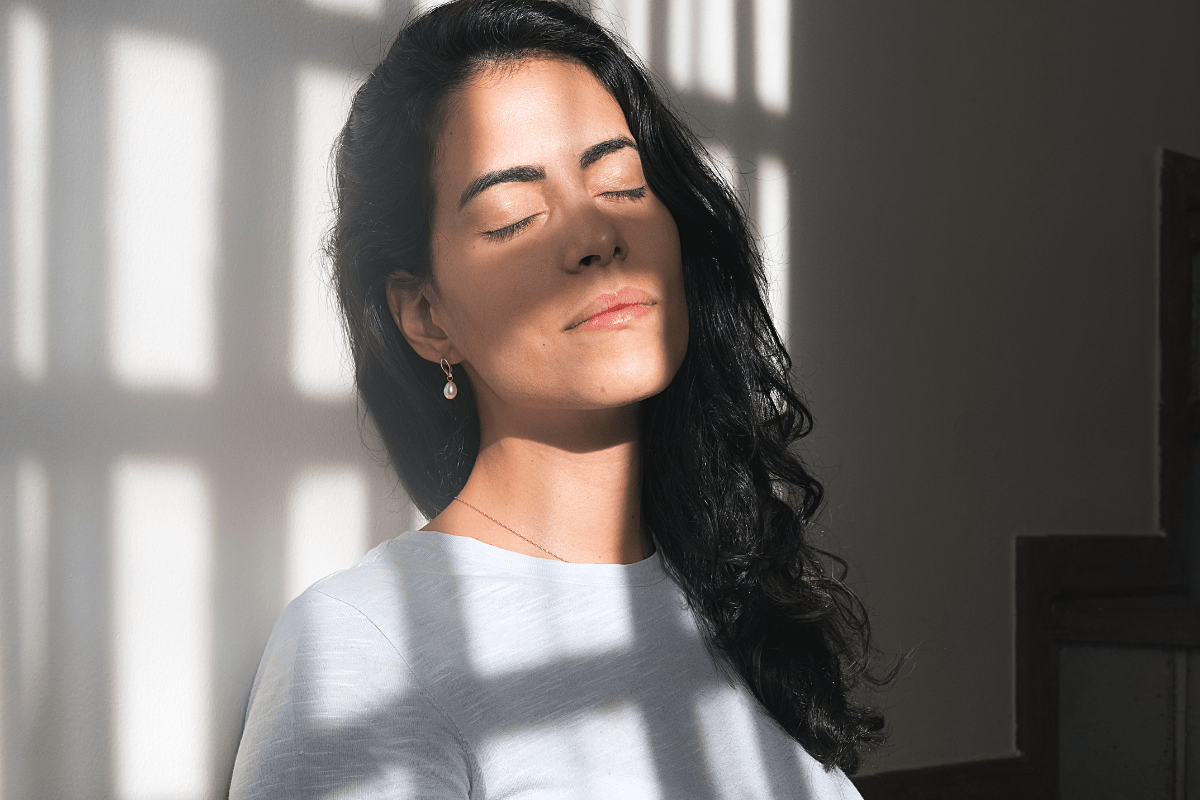By: Design for Change Recovery
Categories:
Social Isolation During the COVID-19 Pandemic and Substance Abuse
You are here:As Americans, we find ourselves facing a unique situation. For the last two years, the COVID-19 virus and everything related to the lockdowns and other mandates have taken a toll on everyone. Stress levels are high and many of us are even afraid to leave home unless it’s absolutely necessary.
The current scenario in our nation is unsettling, so we look for ways to make us feel better. Since many of our entertainment venues are closed or restricted, we have to find ways to alleviate the boredom of social isolation. So, some people have begun drinking or using drugs as a coping mechanism during this challenging time.
According to Dr. Nora Volkow of the NIDA,
“The coronavirus could increase the pressure to use, cause complicated health effects, and curtail access to treatment for those struggling with addiction. Every one of us is affected by COVID – maybe we don’t get infected, (but) we’re all anxious because of the uncertainties surrounding it. How we cope with that anxiety is very much dependent on multiple factors, including our circumstances, but one of the ways that people cope with it is by taking drugs.”
Impact of Social Isolation on People in Recovery
Another aspect of social isolation most people fail to consider is how it affects individuals who are recovering from addiction. As a result of the lockdowns, these individuals can’t attend the counseling groups or self-help programs they need. Without continued support, structure, and guidance, many will relapse.
It’s no secret. Many people turn to drugs or alcohol during stressful times. Their intention is to escape from the stress and hopefully feel better. But, in the end, things tend to get worse instead. But, for a person in recovery, taking this form of solace can lead to disaster.
Relapses are not uncommon. For instance 40 to 60 percent of people in recovery relapse at some point. But, during the pandemic, social isolation leaves some people feeling lonely and depressed. Those in recovery are especially susceptible to these feelings, so they react differently.
Relapse is dangerous because of the person’s lack of tolerance for the substance. Without tolerance, what once was their usual dose can now be lethal. This happens because the brain has gone back to its normal functioning. Resuming substance use at this point is like starting over, but far more risky.
Other Implications of the Lockdowns and Substance Abuse
As a result of the COVID-19 pandemic, many addiction treatment providers have closed or had to reduce occupancy. This is a concerning situation since the pandemic has caused a surge in substance abuse and addictions. More people than ever need professional treatment today but are unable to get it.
The pandemic has also affected the availability of methadone clinics and needle exchange programs (NEPs). These programs were established to reduce the spread of diseases such as HIV and Hepatitis. During the virus crisis, these programs were classified as “non-essential” businesses.
Also, the lockdowns have impacted illicit drug availability and prices. Therefore, if a drug of choice isn’t available or too costly, the person may switch to something cheaper. The problem with this is that cheaper drugs are often laced with deadly additives to increase profits.
Any way we look at it, the pandemic has had a dramatic impact on substance abuse, treatment, and recovery statistics. The CDC reports that 81,000 overdose deaths occurred in 2020 during the lockdowns. When we combine that number with the other COVID-related deaths, the result is shocking.
The Dilemma is Not Hopeless
The dilemma created by the pandemic and substance abuse is not hopeless. The best way to handle the situation is to think positively and reach out to friends and loved ones. Sitting home alone and feeling depressed or anxious won’t resolve the issues. Help is still available, it’s just different from what we’re accustomed to.
Many online resources are dedicated to helping people stay connected during this troublesome episode in their lives. A variety of virtual meetings, counseling sessions, forums, and chat rooms are available so people can socialize, get support and advice, and feel somewhat normal.
Some addiction treatment providers are offering online services as well. The advantages to this method of treatment include privacy, flexible schedules, and accessibility. A patient’s personal information is secure under HIPAA regulations for Protected Health Information (PHI).
Design for Change Recovery is Open and Ready to Help
Struggling with substance abuse during the pandemic can be a scary experience. But, you don’t have to do it alone. Design for Change Recovery can help you begin your journey away from fear and addiction. We offer you a safe, secure environment protected from outside stress and temptations. Our compassionate and skilled staff members will ensure comfort and safety during your time in our facility.
Our unique program includes a range of treatment options that can be adjusted to fit your specific needs. So, take the first step toward freedom from addiction by contacting our Lancaster, CA facility today. One of our staff members will be happy to answer your questions and help plan your pathway to recovery.
Sources:
- nih.gov/news-events/ – NIDA Director Outlines Potential Risks to People Who Smoke and Use Drugs During COVID-19 Pandemic
- en.wikipedia.org/ – Needle Exchange Programs
- cdc.gov/media/releases/– Overdose Deaths Accelerating During COVID-19


